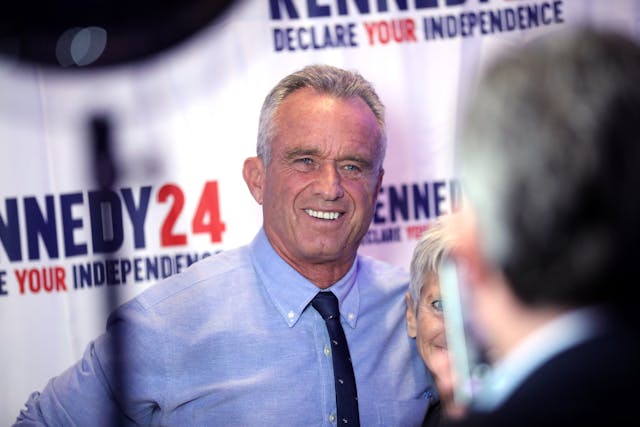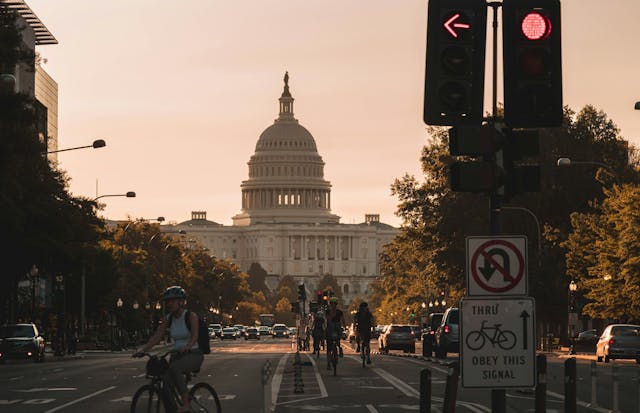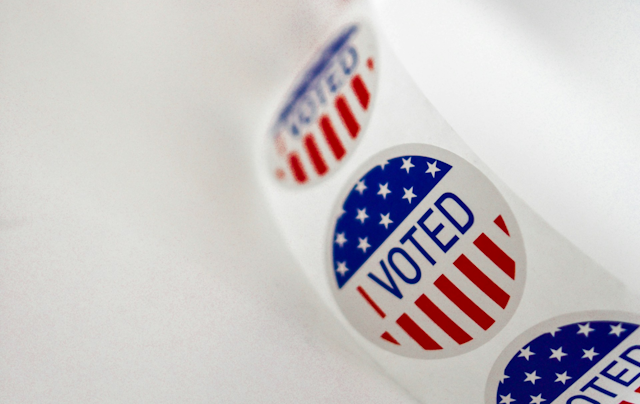Mississippi Sec. of State Says Government Shouldn't Run Party Primaries

WDAM 7, a local station in southern Mississippi, reported on a new initiative Wednesday that would revamp the state's primary system. Initiative 57 seems to support a nonpartisan blanket primary, though the initiative simply refers to it as an "open primary," and the language isn't entirely clear.
The text of the initiative partly reads:
"Each ballot will have a list of Republican, Democrat, and Independent [Candidates] for each office. After the votes have been casted then the top Republican, Democrat and Independent Candidate will run in the November Election."
The initiative argues that this would "take the edge off the candidates so that they will be able to run for their political party, but allow voters to choose who they want in office."
In a nonpartisan blanket primary, all candidates and voters, regardless of party affiliation, participate on a single ballot. Voters can choose candidates from any party they want in each race, and the top vote-getter from each qualified party moves on to the general election.
California adopted a nonpartisan blanket primary in the 90s, but it was struck down by the Supreme Court in the case California Democratic Party v. Jones. The Democratic Party successfully argued that it is a private organization and the state cannot control the nomination proceedings of political parties.
The argument from both major parties is simple: primary elections belong to political parties. If a voter wants to participate in them, he or she must join a party.
Yet in states with party primaries (whether closed, semi-closed, or open) these elections are still funded and administered by the government. So while the parties argue that the nomination process should be private, it is to some extent government run -- something Mississippi Secretary of State Delbert Hosemann says shouldn't happen.
From WDAM:
“Party primaries are for the parties. They’re not for the government, and the government be in a party primary. So you’ll never see me advocating that the government run the Republican primary or the Democrat primary. They need to run their own primary. They just need to follow the statue, and they need to run it. I think it’s a much better system. Then we run the general.” - Mississippi Secretary of State Delbert Hosemann
Hosemann has proposed legislation that would broadly reform elections in Mississippi, but not at the primary stage.
Two years ago, Hosemann assembled an election reform committee to look at various aspects of election law and administration, including primaries. A plurality of members recommended implementing a nonpartisan, top-two primary similar to the systems in California and Washington state. However, the committee excluded such primary reform when drafting the new legislation.
Mississippi currently has a mixed primary system, meaning that voters do not have to register with a party, but voters who participate in the primary must intend to support the party's nominations. Since voter intent is difficult to dispute in court, some have chosen simply to call Mississippi's system an open partisan primary.



